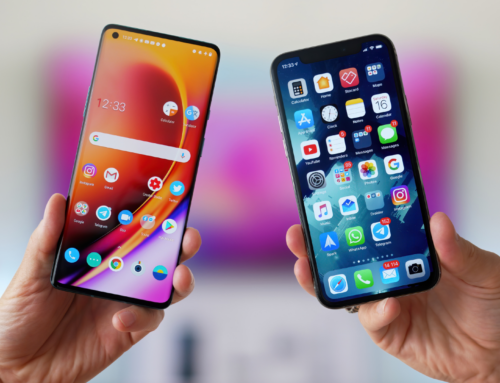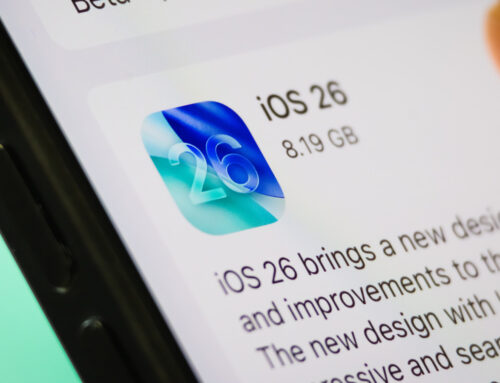Enjoy your (legally obtained) retro games on the go.

Credit: WhatGear/YouTube
Retro gamers have long known that one of Android’s long-time advantages over iOS is its support for emulators. If you wanted to play your favorite old-school Nintendo, Sony, or Sega games on your phone, the iPhone basically wan’t an option, unless you were open to either jailbreaking your device or relying on web-based emulators that were more limited than dedicated emulation apps.
Well, it wasn’t on my Apple bingo card for 2024, but the times, they are a’changin’ on iOS: The company updated its App Store review guidelines on Friday, adding language covering game emulators, as follows:
Apps may offer certain software that is not embedded in the binary, specifically HTML5 mini apps and mini games, streaming games, chatbots, and plug-ins. Additionally, retro game console emulator apps can offer to download games.”
It’s a big reversal for Apple, and likely is a result of pressure from both the United States Department of Justice and the European Commission to open up iOS to more services and competition. The DoJ case against Apple, is built, in part, on its history of suppressing things like cloud streaming and “super” apps. The company has since opened up support for cloud streaming apps like Xbox Cloud Gaming and GeForce Now. Friday’s guideline changes also indicate Apple will allow developers to offer HTLM5-based mini-apps, which would support super apps like WeChat that provide those types of services on other platforms.
These iOS-compatible emulators aren’t available yet, but expect developers to start working on them soon.
Are emulators illegal?
Emulators sometimes get a bad rap, since many people assume they’re used for playing games illegally. But emulators themselves do not necessarily break any laws: Simply building a program to play games from a specific platform is usually a legally sound practice. The issue often comes down to how those emulators run the games, as well as the tactics the apps’ developers use to encourage their users.
Emulators allow you to play ROMs, or the digital file of a game. These files can be obtained legally (usually via you purchasing the game), but they’re often distributed illegally on the internet. When emulators not only play pirated ROMs, but actively show users how to download them…that’s when developers run into trouble.
Nintendo shut down the popular Switch emulator Yuzu last month now for emulating games, but for essentially demonstrating to players how to pirate games. Seeing as Nintendo goes after people that post music on YouTube, they’re more than happy to take down developers that enable their users to “steal” games. If a developer wants their emulator on the App Store, therefore, they’ll likely need to make sure they can only play legally obtained ROMs.
That means if popular Android emulators like Retroarch and Dolphin come to iOS, they will likely not offer any advice on installing ROMs from the internet. It’ll be on you to obtain your own ROM files from games you already own, or from other legal sources, such as archive.org, that get a pass for their ROM collection for the sake of digital preservation.
Lifehacker has been a go-to source of tech help and life advice since 2005. Our mission is to offer reliable tech help and credible, practical, science-based life advice to help you live better.
© 2001-2024 Ziff Davis, LLC., A ZIFF DAVIS COMPANY. ALL RIGHTS RESERVED.
Lifehacker is a federally registered trademark of Ziff Davis and may not be used by third parties without explicit permission. The display of third-party trademarks and trade names on this site does not necessarily indicate any affiliation or the
endorsement of Lifehacker. If you click an affiliate link and buy a product or service, we may be paid a fee by that merchant.
Lifehacker supports Group Black and its mission to increase
greater
diversity in media voices and media ownerships.








